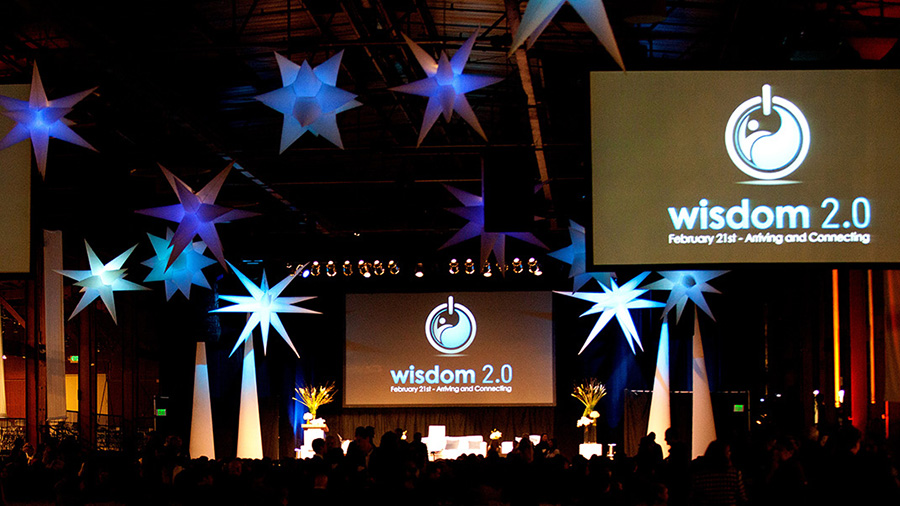At the third annual Wisdom 2.0 Conference in Silicon Valley last week, I had the wonderful opportunity to hear Dr. Dan Siegel, executive director of the Mindsight Institute and clinical professor of psychiatry at the UCLA School of Medicine, give a talk on “Mindfulness and the Brain.”
Dr. Siegel’s research shows that certain aspects of brain function have impact on others, and these interactions, in turn, affect us as whole, “integrated” human beings. Many of his findings, a couple of which I’ll share here, apply directly to creating effective, successful workplaces full of effective, successful people. (Dr. Siegel’s terms are in italics.)
As Dr. Siegel explains it, in order to be fully effective, functional humans, we need to practice two kinds of positive integration: One is internal to ourselves, and the other is external and concerns the other people in our world.
Internal Integration
We need to integrate our experiencing self, which operates in the world and things happens to it, with our observing self. The observing self creates our subjective experience, and is the part of us that describes our experiences to ourselves and lets us ascribe meaning to what has happened. Sometimes the facts of an actual event and the meaning we give it are quite different: Think of how your perspective on an episode from your teens has changed over time as you’ve learned more about life and developed a broader perspective.
The most important aspect of integrating these two internal selves is to become your own best friend and greatest supporter — not your own biggest detractor. Say you forgot to mention a crucial assumption at a budget presentation, and the people at the meeting gave you a hard time.
Your own biggest detractor might say, “You idiot! Why can’t you ever get anything right! Now everything is ruined! You’ll never get the funding for your project, and everyone will be talking about what a screw-up you are.”
On the other hand, your own best friend might say, “I know that didn’t go as well as you’d hoped, or as well as it should have. But next time, you’ll do A, B, C; in the meantime, you can recover the situation by doing X, Y, Z.”
Being your own worst detractor can incapacitate both your ability to repair the situation and to move on to any future successes, leaving you failed, helpless, and hopeless. But being your own best supporter helps you go on by reinforcing the possibility of a positive future.
External Integration
When you achieve a modicum of internal integration, you’re more likely to be able to integrate external relationships in your workplace (or any other social environment). The first part of integrating externally is to honor differences: We’re not the same people, even when we come from the same race, gender, religion, class, or any other typology. We’ve had different experiences and we react differently. We need to recognize that others may not feel or think the exact same ways that we do. When we understand this concept we have fewer false expectations.
The second part is to promote compassionate linkages: to be kind to others with whom we have contact and relationships. Kindness does not need to be soft, and compassion does not require that we overlook faults or negative behaviors. The intent is to approach others with a sense of empathy and understanding so that we can move forward together.
Say it’s your responsibility to fire underperforming employees. If you’ve provided the appropriate coaching and counseling, you don’t have to be “nice” and keep people who are unable or unwilling to support the team’s goals.
But you can still be personally respectful and demonstrate your humanity by recognizing theirs. This can be as simple as looking directly at them when you speak to them, shaking hands, and wishing them well (and meaning it) when the termination interview is complete; providing full and accurate information about how they can collect their final pay, apply for unemployment insurance, etc.; and offering them some choice in how and when they say goodbye to their colleagues and pack their belongings so that they can preserve as much dignity as possible. This is possible even as you are eliminating their access to your systems and taking back their keys.
Internal and external integration may not sound very businesslike. But when you help yourself function better and improve your ability to relate to other people, you’re more likely to be successful at whatever your work happens to be.
Onward and upward,
LK

